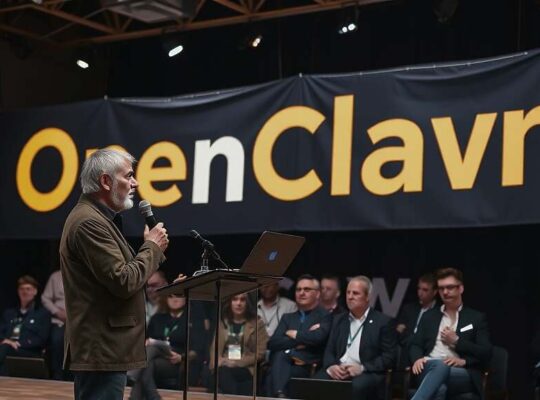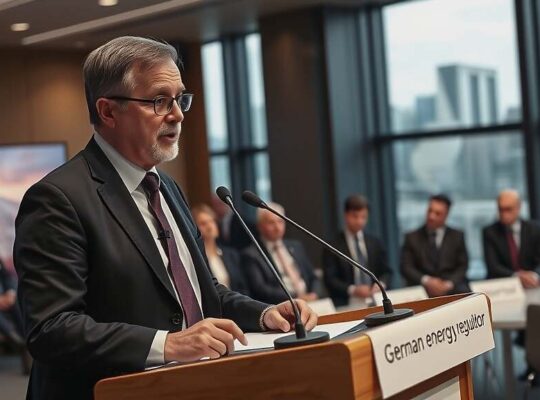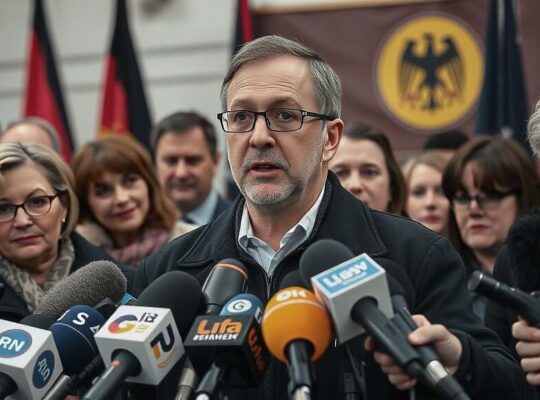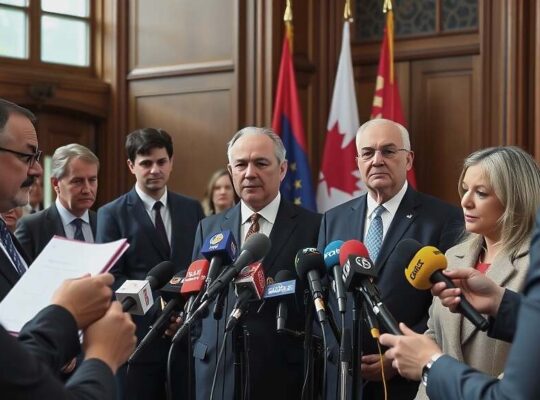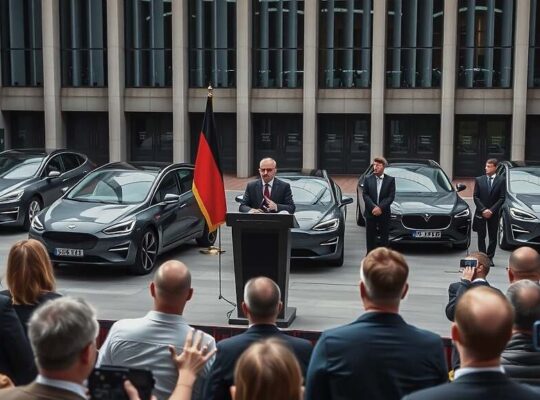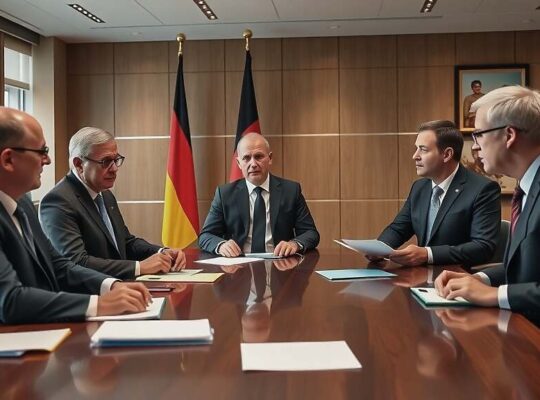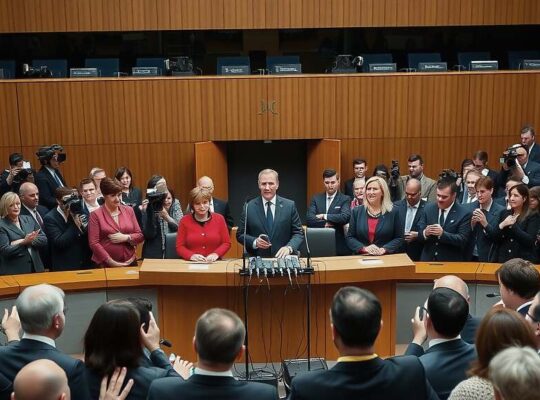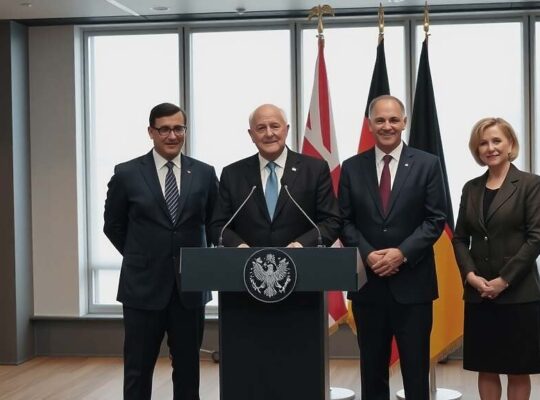Leading economists are raising serious concerns about the potential economic ramifications of Chancellor Friedrich Merz’s increasingly vocal and controversial statements on migration and its impact on German cityscapes. Marcel Fratzscher, President of the prestigious German Institute for Economic Research (DIW), has cautioned that Merz’s rhetoric is exacerbating societal divisions and inflicting tangible economic damage.
Fratzscher’s warning highlights Germany’s reliance on immigration, particularly of skilled workers, to sustain economic prosperity and maintain a competitive labor market. He argues that Merz’s messaging undermines the welcoming environment crucial for attracting international talent, directly contributing to the ongoing skills shortage plaguing various sectors. The DIW head criticized what he perceived as a reluctance on Merz’s part to fully acknowledge Germany’s identity as a nation shaped by immigration.
The remarks, in which Merz linked issues of urban development, migration policies and deportations, have been met with widespread disapproval from within the economic community. While Merz has defended his position, insisting on no retraction, critics contend his words are creating an atmosphere of xenophobia and deterring potential immigrants.
Adding to the complexity, the Institute for Economic Affairs (IW) has urged for a more nuanced and differentiated approach to the migration debate. Knut Bergmann, head of IW’s Berlin office, stressed the critical distinction between skilled worker immigration and those arriving for humanitarian or other reasons, a point frequently lost in the heated public discourse. While acknowledging the unquestionable need for skilled worker immigration to bolster the German economy, Bergmann conceded that while Merz’s phrasing was perhaps clumsy, the underlying recognition of the value contributed by well-integrated migrants remained implicit.
The escalating tension underscores a growing political challenge for Germany: how to balance public anxieties surrounding migration with the undeniable economic realities that necessitate a continued influx of international workers. The debate transcends simple policy disagreements and raises fundamental questions about national identity, economic strategy and Germany’s place in a globally interconnected world.



